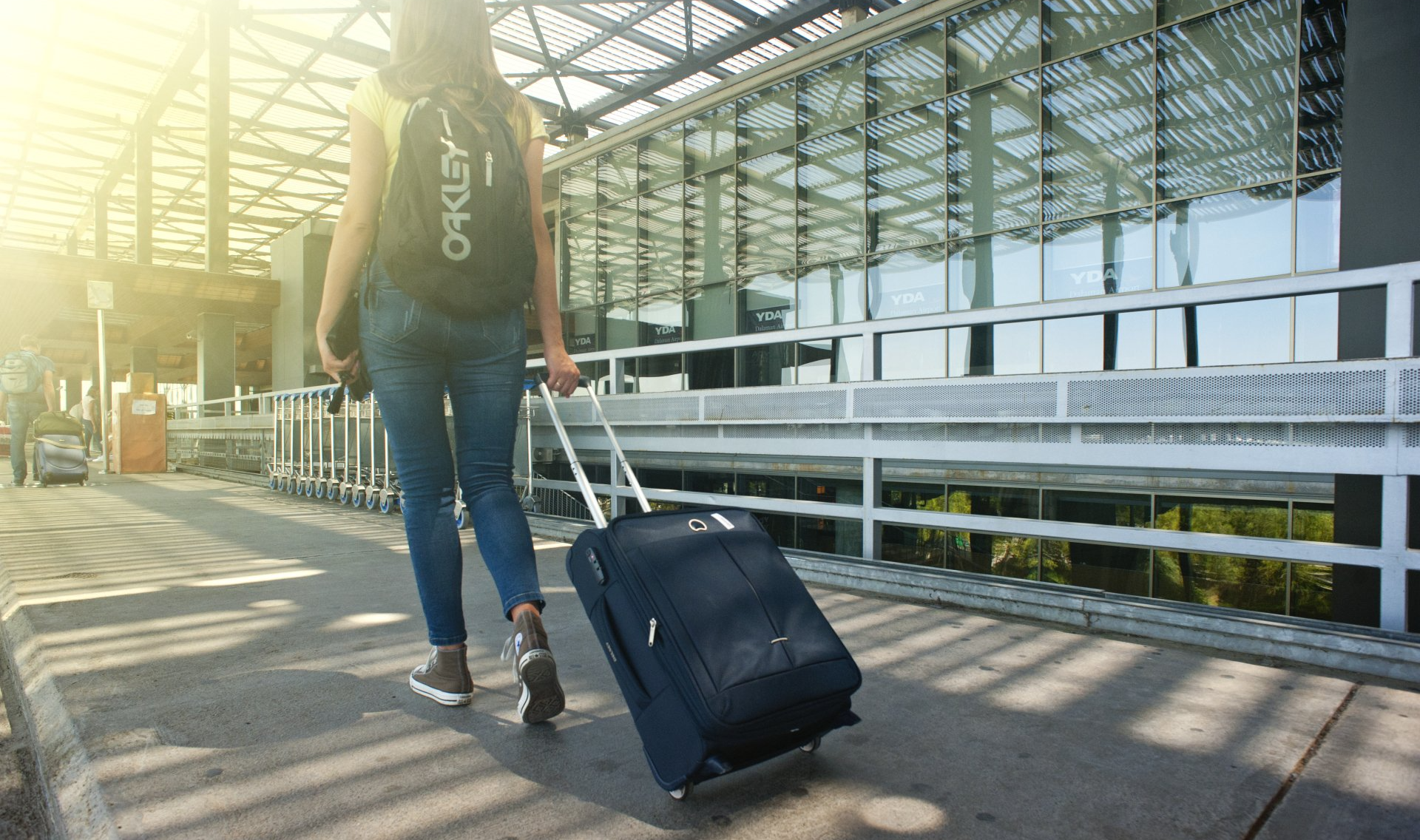Advance Parole 101
Click here to read this article in English
El Advance Parole es un documento de viaje que le permite salir y regresar a los Estados Unidos mientras espera el estatus legal sin poner en peligro su solicitud de Tarjeta de Residente Permanente. El Advance Parole es relevante si está solicitando DACA o ajustando su estatus como refugiado, asilado u otro solicitante elegible.
Para obtener un documento de viaje de Advance Parole, se debe presentar un Formulario I-131, Solicitud de documento de viaje (Application for Travel Document). Actualmente, las solicitudes I-131 tardan entre 6 y 12 meses en procesarse y adjudicarse.
Debe ser aprobado para Advance Parole antes de salir de los Estados Unidos. Sin embargo, si después de ser aprobado, su documento Advance Parole no llega por correo antes de partir, puede pedirle a alguien que se lo envíe o que se lo lleve al país extranjero. Debe tener el documento con usted para volver a ingresar a los Estados Unidos.
Los permisos de viaje de Advance Parole se otorgan por hasta un (1) año. Se pueden otorgar para un solo o múltiples viajes. Además, dicho documento se puede renovar, siempre que la solicitud de renovación se presente con al menos 120 días de antelación a que expire el Advance Parole emitido anteriormente. No hay una cantidad de tiempo establecido para que alguien pueda o no permanecer fuera de los Estados Unidos utilizando el Advance Parole, sin embargo, este no puede ser utilizado una vez expirado.
Los beneficios del Advance Parole son dos:
- Permite que un extranjero regrese a los EE. UU. después de viajar al extranjero sin la necesidad de obtener una visa para ingresar a los EE. UU.;
- Conserva la solicitud de ajuste de estatus pendiente con ante USCIS.
Usted NO es elegible para Advance Parole si es/está:
- En los Estados Unidos sin un estatus migratorio válido;
- Un extranjero de intercambio sujeto al requisito de residencia en el extranjero;
- En posesión de un permiso de reingreso emitido anteriormente o un documento de viaje de refugiado que aún sea válido, a menos que haya sido devuelto a USCIS o se demuestre que se perdió; o
- En proceso de remoción.
El Advance Parole NO garantiza la admisión a los Estados Unidos. Cualquier persona que posea dicho documento aún está sujeto al proceso de inspección en el puerto de entrada.
Este blog no pretende ser una asesoría legal y nada aquí debe interpretarse como el establecimiento de una relación abogado-cliente. Programe una consulta con un abogado de inmigración antes de actuar sobre cualquier información que aquí lea.
Angelica Rice
Similar Posts







